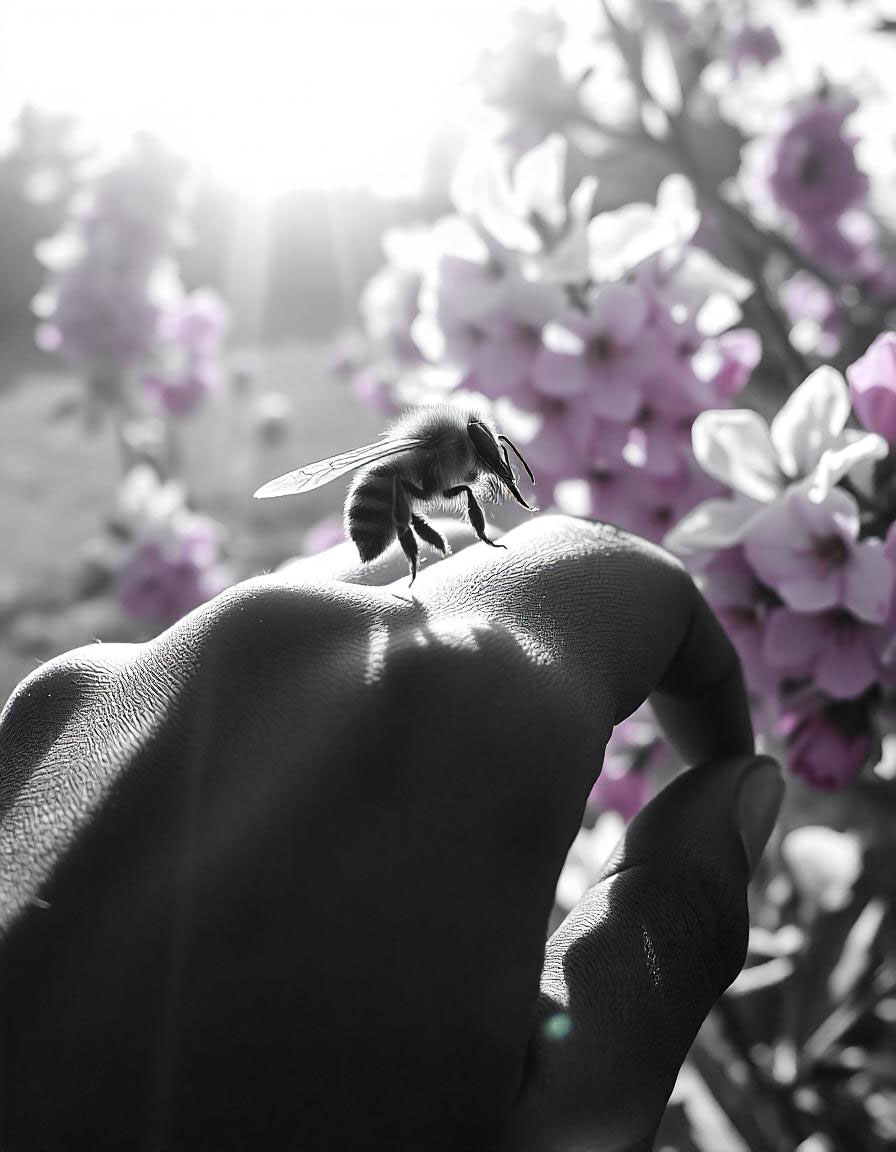 The seas of this world are rich with fish. Our skies are overflowing with the colours of birds. The very earth that we walk on is teeming with bugs and critters of all kinds. In the same manner, the towns and cities that paint the surface of our planet are overflowing with people of all kinds. Everywhere we turn, we will find human beings populating the place. Interestingly, regardless of the abundance of people, we rarely find two individuals who are alike in every way. In fact, there is not a single person in the past, present or future who will share anyone’s exact genetic code. Perhaps this fact is comforting and uplifting in some way. However, the quality of abundance and heterogeneity is often a recipe for conflict.
The seas of this world are rich with fish. Our skies are overflowing with the colours of birds. The very earth that we walk on is teeming with bugs and critters of all kinds. In the same manner, the towns and cities that paint the surface of our planet are overflowing with people of all kinds. Everywhere we turn, we will find human beings populating the place. Interestingly, regardless of the abundance of people, we rarely find two individuals who are alike in every way. In fact, there is not a single person in the past, present or future who will share anyone’s exact genetic code. Perhaps this fact is comforting and uplifting in some way. However, the quality of abundance and heterogeneity is often a recipe for conflict.
In nature, the concept of conflict rarely stretches past the most instinctive actions of an animal such as the hunting of prey or the warding away of predators with toxins or spines. Animals do not lead wars or premeditate revenge. They do not create weapons of mass destruction. On the other hand, human beings seem to have adopted the unfortunate quality of blowing-up minor conflicts and issues into great problems. It is ironic that we name our violent tendencies as being primitive or animalistic when in reality, animals seem to be more inherently peaceful than we are.
Nevertheless, this issue of unnecessary violence cannot be truly cured unless examined as it occurs in each individual. After all, humanity is only the sum of its parts. To put it simply, many social issues that humanity experiences begin when entire generations of people pick up poor habits to deal with personal problems. As members of the younger generation, we have the responsibility of ensuring that we do not allow these social ills to continue to exist as we grow into adults.
Recently, I discovered that most honey bees die when they sting a mammal. Honey bees have barbed stingers which get trapped in the mammal’s skin as soon as it is stung. When the bee attempts to fly away, its body becomes damaged in a fatal way due to the trapped stinger. This means that a single instinctive reaction to a threat costs the bee its entire life. Similarly, human beings can respond in an exceedingly harsh manner to the simple conflicts and stresses in our lives.
Anger and hastiness can quickly fester into hatred or violence not only within an individual, but also in entire families or communities. Learning to manage our emotions and choosing to channel them into positive actions can truly be the difference between life and death, between a memory and a scar, and between a whole person and a broken one. Could you imagine how much less bloodshed and wars this world would have never seen if only a few people had learned to express their frustration in a healthy manner?
Let us choose to build a world that does not bear the negative consequences of a few individuals’ anger and frustration.








